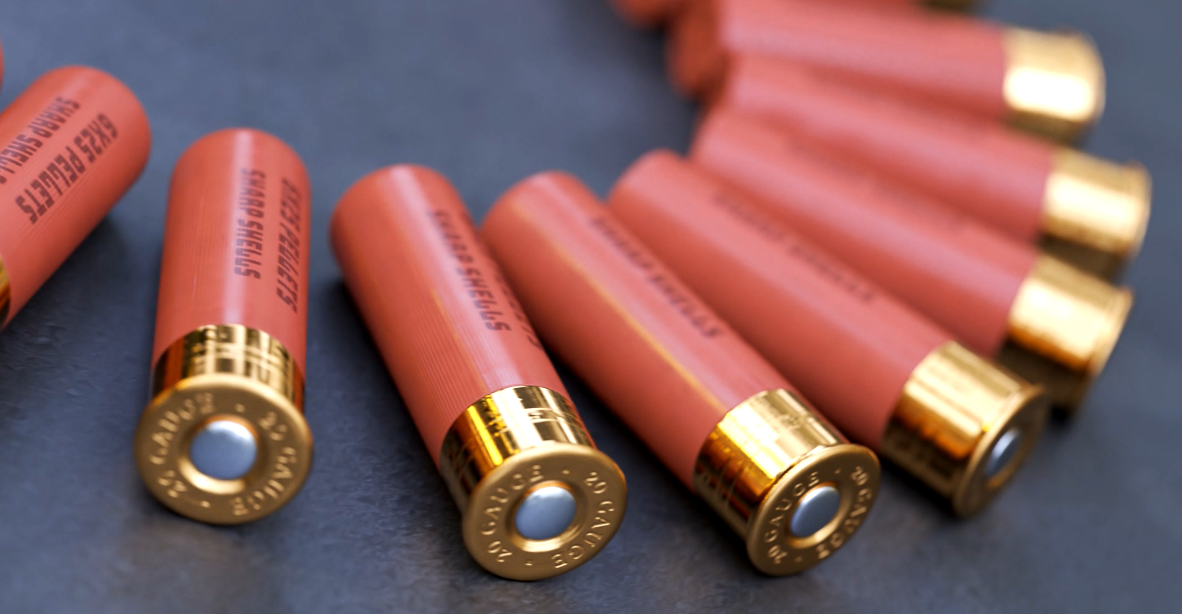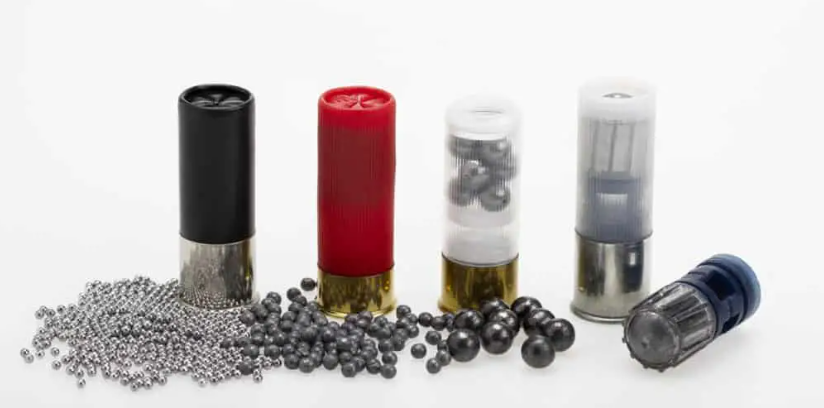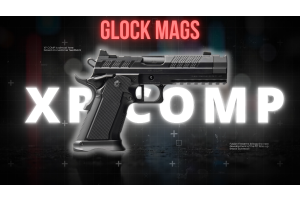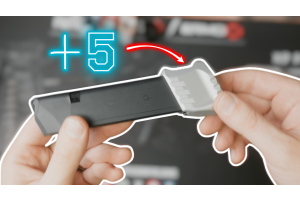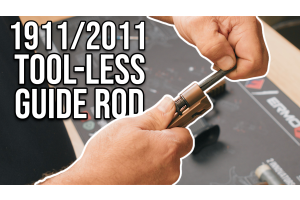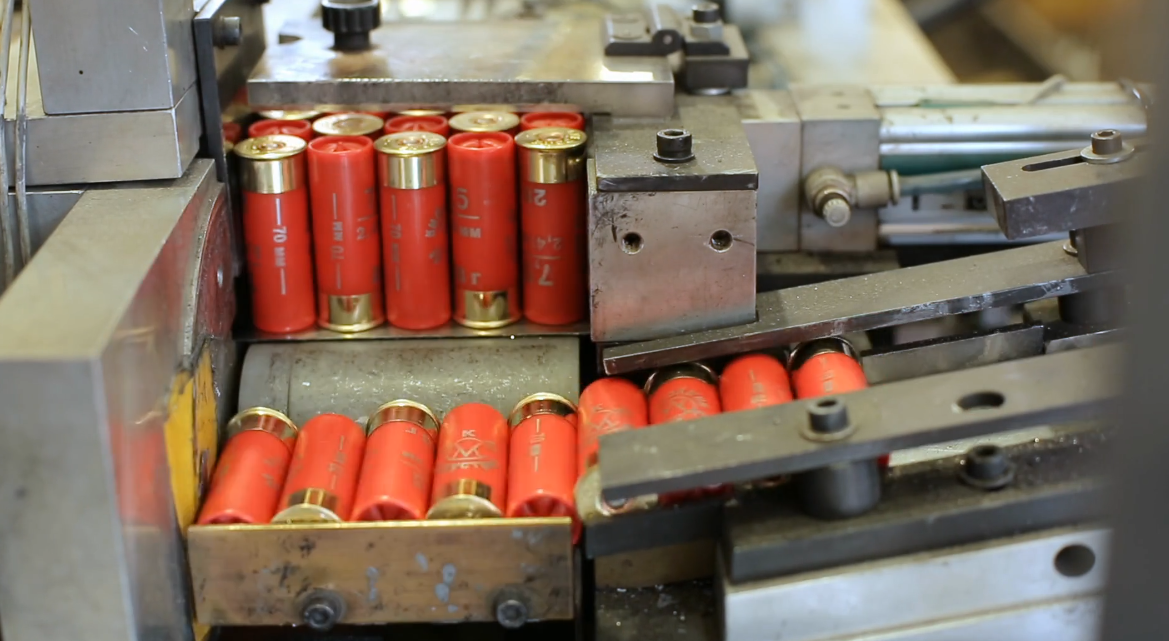
A Comprehensive Guide to Shotgun Shell Gauge and Shot Size
0%

Shotguns are versatile firearms known for their diverse applications, ranging from hunting and sport shooting to home defense. Understanding the variety of shotgun shell gauges and shot sizes is crucial for both novice and experienced shooters alike. This guide offers a deep dive into the world of shotgun shells, their gauges, and shot sizes.
Understanding Shotgun Shell Gauge
The term 'gauge' is a traditional unit of measurement for bore size – the internal diameter of the gun barrel. It's an old English measurement that dates back to the time when you'd measure the number of lead balls the size of the gun's bore it would take to weigh a pound. Hence, a '12 gauge' shotgun is one where 12 lead balls fitting the gun's bore would weigh one pound.
12-Gauge Shotgun Shells
The 12-gauge is the most popular shotgun size worldwide, loved for its versatility and power. This gauge is common in various shooting activities, including hunting, sport shooting, and home defense. It offers a wide array of shell lengths and loads, making it suitable for hunting small to large game.
20-Gauge Shotgun Shells
The 20-gauge shotgun is lighter and has less recoil than a 12-gauge, making it a favorite among younger and smaller stature shooters. It's also suitable for hunting small to medium game and clay target shooting.
410 Shotgun Shells
Contrary to the gauge naming convention, .410 is an exception as it refers to the bore diameter in inches, not the gauge. It's the smallest common shotgun size and is often used for small game hunting and by beginners for its mild recoil.
10-Gauge and 16-Gauge Shotgun Shells
The 10-gauge and 16-gauge shotguns, while less common today, are still used by some hunters. The 10-gauge is larger and more powerful, ideal for waterfowl hunting. The 16-gauge, sitting between the 12 and 20-gauge in terms of power, is often described as the perfect shotgun size for upland game birds.
Decoding Shotgun Shot Size
Shot size refers to the size of the individual pellets inside the shell. The shot number increases as the size of the shot decreases. Consequently, a smaller number like 2 or 4 indicates larger pellets, while larger numbers like 7.5 or 9 represent smaller pellets.
Birdshot
Birdshot is characterized by smaller pellet sizes, making it ideal for hunting birds or small game. Common birdshot sizes range from 9 (smallest) to 1 (largest), although sizes 7.5, 8, and 9 are popular for clay target shooting due to their high pellet count.
Buckshot
Buckshot shells contain larger pellets, typically used for hunting larger game such as deer (hence the name 'buckshot'). Common buckshot sizes are 000, 00, 0, 1, 2, 3, and 4. The 00 ("double-aught") is popular for home defense due to its stopping power.
Slugs
A slug is a single, large projectile rather than multiple smaller pellets. Slugs are typically used for hunting larger game at longer ranges, as they offer more accuracy and power than buckshot.
Factors to Consider When Choosing Shotgun Shell Gauge and Shot Size
Choosing the right shotgun shell gauge and shot size depends on several factors:
Purpose
Your intended use for the shotgun is the most crucial factor. For bird hunting or clay target shooting, birdshot with a smaller pellet size is appropriate. For larger game or home defense, buckshot or slugs are preferred.
Recoil Sensitivity
Your tolerance to recoil should also play a part in your decision. Generally, larger gauge shotguns produce more recoil. If you're a beginner, younger, or smaller-statured shooter, you might prefer a 20-gauge or .410 shotgun for their milder recoil.
Gun Weight
Larger gauge shotguns are typically heavier. If you plan to carry the gun for extended periods, such as during hunting, a lighter gauge might be more comfortable.
Local Laws and Regulations
Always check your local laws and regulations before purchasing a shotgun or ammunition. Certain areas may have restrictions on the type of shotguns or ammunition you can use, especially for hunting.
Conclusion
Understanding shotgun shell gauge and shot size is an essential part of being a responsible and effective shooter. The gauge of a shotgun shell refers to the diameter of the shotgun's bore, while the shot size relates to the size of the individual pellets inside the shell.
Whether you're a seasoned hunter, a sport shooting enthusiast, or someone considering a shotgun for home defense, knowing these factors will help you choose the right shotgun and ammunition for your specific needs. Always remember that the best gauge or shot size for you ultimately depends on your comfort, your intended purpose, and local laws and regulations.
By familiarizing yourself with the intricacies of shotgun shell gauges and shot sizes, you are not only ensuring a more effective shooting experience but also promoting safe and responsible firearm usage.
Now that you have a comprehensive understanding of shotgun shell gauge and shot sizes, you can confidently navigate the world of shotguns and make informed decisions. Happy shooting!
Keywords: Shotgun Shell Gauge, Shot Size, Birdshot, Buckshot, Slugs, 12-Gauge, 20-Gauge, 410 Shotgun, 10-Gauge, 16-Gauge, Hunting, Sport Shooting, Home Defense.


